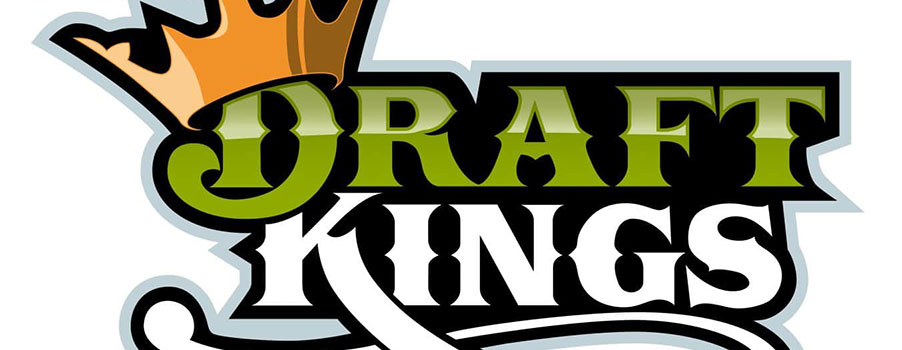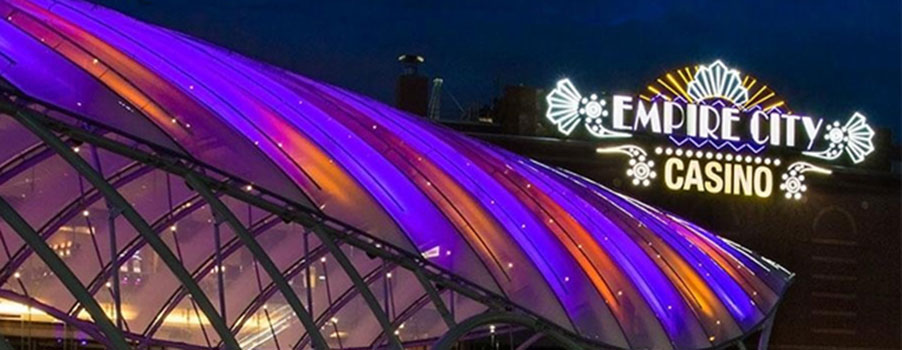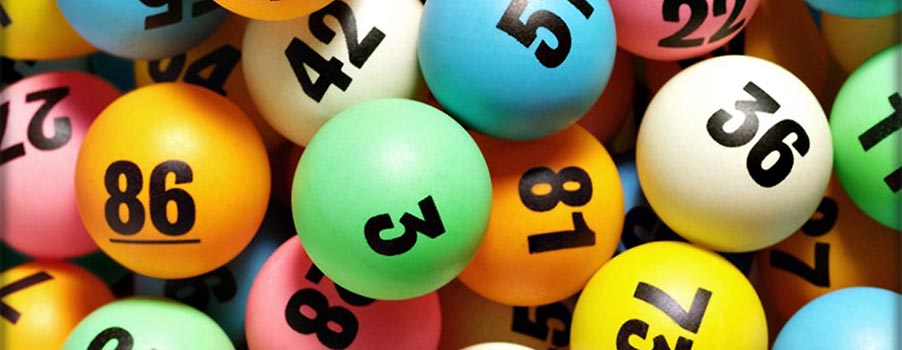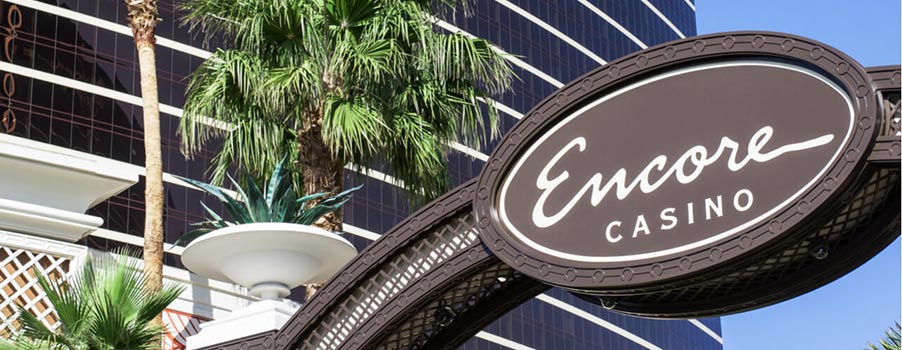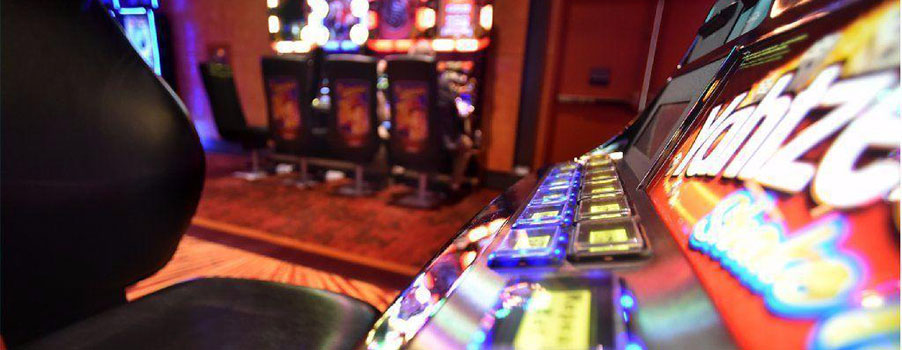Boston-based daily fantasy sports leader DraftKings has recently announced a new partnership deal with Atlantic City’s Resorts Casino Hotel to offer sports betting services in New Jersey. The partnership agreement will see DraftKing enter the New Jersey market under Resorts Casino Hotel’s license.
The move marks the first of the likely string of state-level ventures that DraftKings has is reported to be considering in a bid to get a foothold in the brand new legal market that is set to grow rapidly after the recent Supreme Court ruling that struck down the federal ban on sports betting.
As for New Jersey, the daily fantasy sports operator has hinted its entry into that particular market for quite some time – the company had already begun hiring sportsbook staff even before the United States Supreme Court ruling was made. In addition to that, the company opened an office in Hoboken that currently houses the sportsbook staff as well as other employees who were hired in the past couple of weeks.
“Everybody knows there’s a big opportunity out there. It’s a new thing, so people are trying to see how they want to go about it, who they want to partner with. Anytime you’ve got a big market about to be created, there’s so much opportunity out there that everyone should benefit, as long as you do it the right way,” said Jason Robins, the DraftKings chief executive. “We are excited to work with Resorts Hotel Casino to bring our new DraftKings sportsbook to New Jersey. As a tech savvy and a long-term growth-oriented organization, Resorts Hotel Casino aligns perfectly with our customer-focused, innovation culture.”
This pairing reflects the scramble that is beginning to materialize among gambling operators, bookmakers, and technology companies as they try to position themselves well enough to get a share of the nascent sports betting market. A similar deal was made a few weeks ago when Paddy Power Betfair, a European bookmaker merged with FanDuel, one of the other popular United States-based daily fantasy sports providers and DraftKings’ biggest rival.
During the press release where the announcement was made, Drafkings mentioned that it be offering both mobile and web-based sports betting services. However, there was no mention of the technology that the company will be using to achieve this.
Still, Resorts Casino Hotel has welcomed the partnership as it presents a new revenue stream and will probably give the casino a foothold in the sports betting market as well.
“We are at a pivotal moment in the development of sports betting in the U.S.,” said Morris Bailey, the owner of Resorts Casino Hotel in the press release. “We are delighted to be able to have DraftKings utilize our gaming license in New Jersey. DraftKings continues to be at the forefront of sports entertainment innovation, and today’s announcement is the first step in being able to offer customers in New Jersey the most dynamic sports betting platform.”

